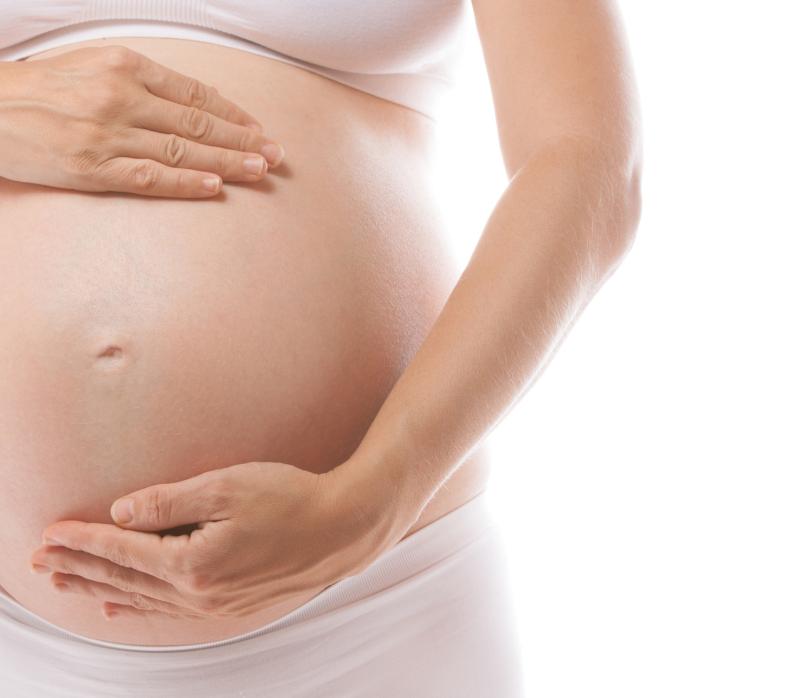
Poor sleep quality in pregnant women with advanced maternal age (AMA) may adversely affect neonatal health outcomes, increasing the risk of shorter birth length and the likelihood of admission to a special care nursery or neonatal intensive care unit (NICU), as reported in a recent study.
“Our study is one of the first studies to report the interaction of AMA and mothers’ antenatal sleep quality on perinatal outcomes in healthy women with no pregnancy complications,” the investigators said.
The findings suggest that improving sleep quality during pregnancy in older women should help lower the risks of shorter birth length and requirement for special care at birth—outcomes that reflect in utero growth and the general health of neonates, they added.
A total of 446 women with a singleton pregnancy and no pregnancy complications, who participated in the Growing Up in Singapore Towards healthy Outcomes (GUSTO) birth cohort study, were included in the analysis. The mean age of the population was 30.0 years, with 20.4 percent of the women having AMA (≥35 years). All participants completed the Pittsburgh Sleep Quality Index (PSQI) at 26–28 weeks gestation and had available perinatal outcome data.
Initial results revealed no significant association between maternal antenatal sleep quality and perinatal outcomes. However, a significant interaction emerged between AMA and poor sleep quality on level of neonatal stay (ie, normal nursery or NICU/special care; p=0.021), birth weight (p=0.026) and birth length (p=0.040). [Sleep Health 2019;doi:10.1016/j.sleh.2019.10.009]
Analysis stratified by maternal age and controlled for the said variables with significant interaction showed that women with both AMA and poor sleep quality (PSQI score >5) gave birth to neonates with shorter birth length (adjusted mean difference, –1.05 cm, 95 percent confidence interval [CI], –1.82 to –0.20) and at higher risk of requiring special neonatal care at birth (adjusted odds ratio, 3.53, 95 percent CI, –1.21 to 10.27), as compared with women with AMA but had good sleep quality (PSQI score ≤5).
There was a trend toward lower birthweight in neonates born to mothers with AMA and poor sleep quality, although it did not reach statistical significance (p=0.072). Antenatal sleep quality in women younger than 35 years was not associated with any perinatal outcomes studied.
The present data have important implications, given the increasing prevalence of AMA coupled with poor sleep quality among pregnant women, according to the investigators. Furthermore, poor perinatal outcomes may have adverse consequences later in life. For example, shorter birth length contributes to an increased risk of coronary heart disease, as evidence suggests. [BMJ 1999;319:1403-1407]
“Although there was no increased risk of individual neonatal complications, we observed increased odds of staying in the special care nursery or NICU in the offspring of AMA mothers with poor sleep quality,” which is costly and exposes neonates to greater risk of iatrogenic events, they said.
The investigators acknowledged the presence of study limitations, including the failure to screen women for pregnancy-onset or pre-existing sleep disorders and the use of self-report to measure antenatal sleep quality.
Additional studies, which should include objective measurements of sleep using actigraphy or polysomnography, are needed to test the generalizability of our findings to other populations of pregnant women, they added.